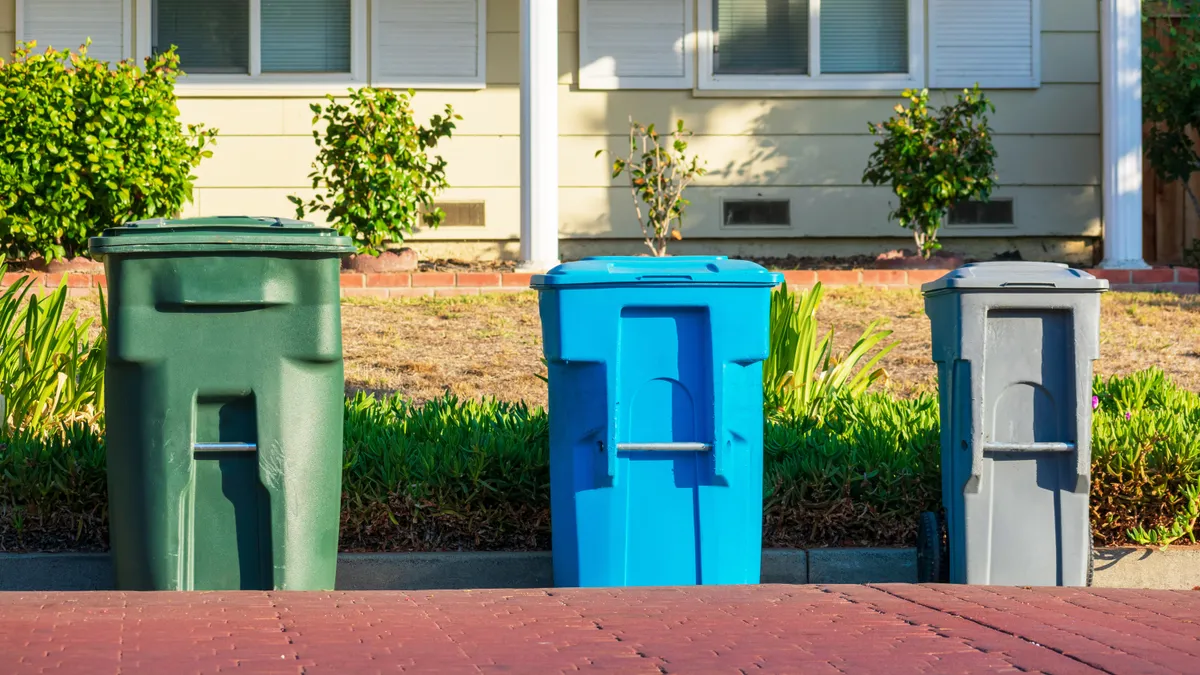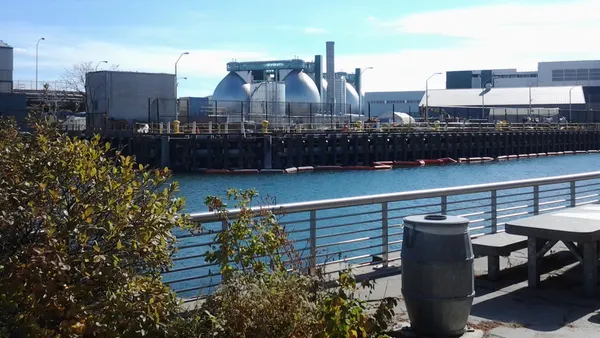CalRecycle intends to ramp up compliance evaluations for local jurisdictions and roll out millions of dollars in new grant funding as the state looks to make up ground on its SB 1383 target to reduce organic waste disposal 75% by 2025.
“417 jurisdictions are reporting deployed residential food waste collection and nearly all jurisdictions have new or expanding edible food recovery programs as well as expanding commercial food collection and recycling programs. However, despite the progress, new focused efforts are needed,” said Director Rachel Machi Wagoner in a Jan. 4 letter. “Not only has California not achieved the 2020 statutory target for 50% reduction in organic waste below the 2014 baseline, but we are also now disposing at a rate nearly 1 million tons above the baseline.”
According to the agency, organic waste accounted for more than half of the estimated 41 million tons of waste disposed in the state during 2021. SB 1383 includes multiple benchmarks and related targets as part of its broader goal to reduce methane emissions from this material.
The law requires jurisdictions to pass updated waste ordinances, roll out collection systems, launch edible food recovery programs, procure certain volumes of organic products and more. While the pandemic disrupted progress, leading the state legislature to pass multiple bills adjusting compliance timelines, the agency is now looking to dial in local efforts.
CalRecycle’s letter states that it has begun compliance evaluations, with every jurisdiction expected to receive one within four years. Enforcement actions are said to be a last resort. The agency notes that jurisdictions will receive advance notice and have access to ongoing support. CalRecycle plans to prioritize evaluations for jurisdictions that have not developed SB 1383 implementation ordinances, submitted required reports in 2022, conducted capacity planning or fully complied with preexisting commercial recycling laws.
SB 1383 is considered the most expansive organics recycling law in the U.S. While significant levels of collection and processing infrastructure investment have occurred, industry professionals say much more work is needed.
The state legislature has appropriated multiple rounds of funding, including $180 million for local governments last year. CalRecycle is in the process of launching a nearly $155 million grant program this year which will include some of that funding.
At least $5.5 million of the upcoming grants must go to codigestion projects and $81 million to local governments. The remainder can go to a range of eligible applicants, including businesses. Recommended grant categories include “composting, anaerobic digestion/co-digestion, in-vessel composting, and stand-alone pre-processing.” Applications are expected to open this month, with awards anticipated by September.
During a Dec. 20 meeting, Wagoner said California faces “a real uphill battle” to achieve the SB 1383 targets and is “likely to go into one, if not several, budget years that are leaner than the ones that we've seen in the past.” These factors, she said, make it additionally important to ensure this funding is directed toward “the greatest need across the state in order to achieve the statutory objective.”
CalRecycle has also been collecting feedback on how to use the remaining local government grant money from last year’s $180 million appropriation.
“We have a lot of really great recommendations,” said CalRecycle’s Zoe Heller, deputy director of materials management and local assistance, during the meeting. “While we don't have a timeline right now, we're considering them and designing a program that we'll bring to you at an upcoming public meeting that will address the remaining $100 million that's still on the table for local assistance.”











